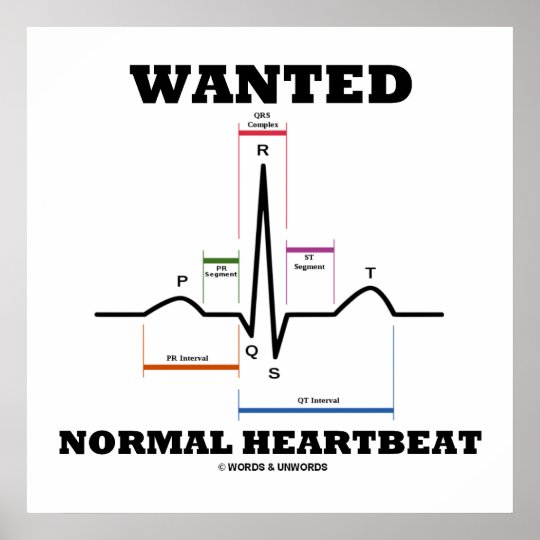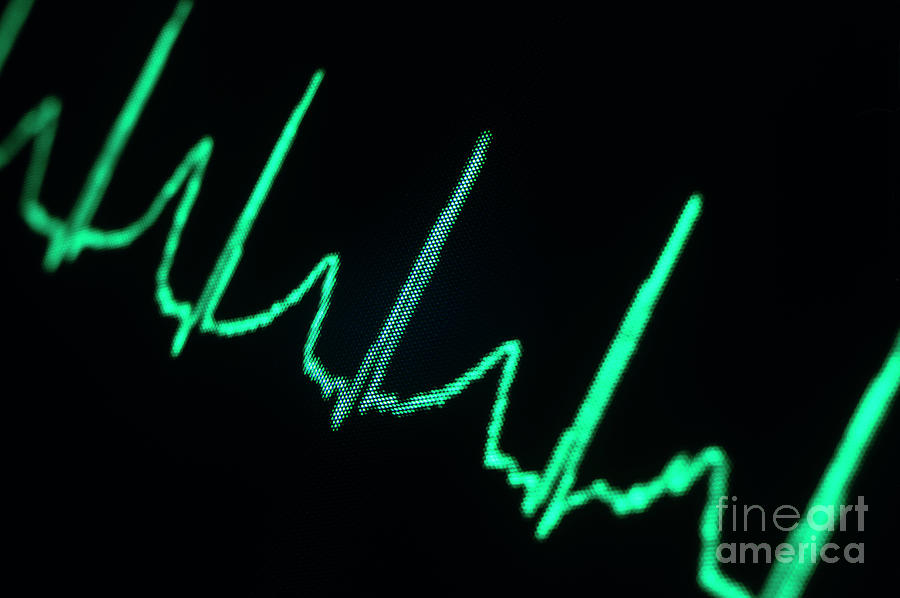
The most common abnormal rhythm is atrial fibrillation. The type depends on where in the heart the abnormal rhythm starts, and whether it causes the heart to beat too fast or too slow. There are many different types of abnormal heart rhythm. People concerned about palpitations or ectopic beats should speak to your doctor who will be able to carry out an electrocardiogram (ECG) to assess the heart rate and the rhythm.

Ectopic beats are very common, usually harmless, and do not often need treatment. If you feel that your heart is beating out of rhythm, too fast, or too slow, speak to a doctor about your symptoms.Ī person may also feel the sensation of having missed or “skipped” a beat, or it may feel like there has been an extra beat. However, a person should not normally be aware of their resting heartbeat. It is normal for the heart rate to vary throughout the day in response to exercise, anxiety, excitement, and fear. A faulty electrical system can lead to an abnormal heart rhythm. The muscle has an electrical system that tells it when to beat and push blood around the body. Speak to a doctor if you are concerned about a consistently irregular heartbeat. Share on Pinterest An occasional extra beat should not be a cause for concern. Taking the pulse is, therefore, a direct measure of heart rate. The pulse rate is exactly equal to the heartbeat, as the contractions of the heart cause the increases in blood pressure in the arteries that lead to a noticeable pulse.

The pulse is often confused with the heart rate but refers instead to how many times per minute the arteries expand and contract in response to the pumping action of the heart. This prepares the body to use more oxygen and energy to escape or confront potential danger. When it beats, the heart pumps blood containing oxygen and nutrients around the body and brings back waste products.Ī healthy heart supplies the body with just the right amount of blood at the right rate for whatever the body is doing at that time.įor example, being frightened or surprised automatically releases adrenaline, a hormone, to make the heart rate faster. The heart is a muscular organ in the center of the chest. The heart rate is the number of times the heart beats in the space of a minute.


 0 kommentar(er)
0 kommentar(er)
